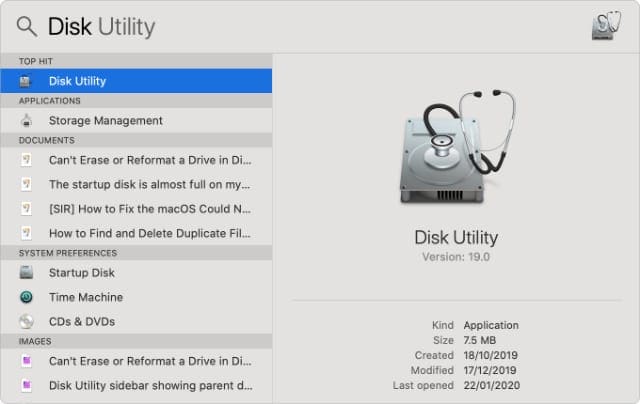

Click the “Show items in a list” icon on the toolbar and then click the Size heading to sort your installed applications by size. To find out which applications are using up the most space, open a Finder window and select Applications. Some of these applications can be taking up a ton of space. You should uninstall them if you don’t need them-just open a Finder window, select Applications in the sidebar, and drag-and-drop the application’s icon to the trash can on your dock. The applications you have installed on your Mac are taking up space, of course. To do this, just Ctrl+click or right-click the Trash option in that specific application and select Empty Trash. For example, if you use iPhoto to manage your pictures and delete them in iPhoto, you’ll have to clear the iPhoto trash to remove them from your hard drive. If you’ve deleted media files from within these applications, you’ll need to empty their trash cans, too. IPhoto, iMovie, and Mail all have their own trash cans. This will delete all the files you sent to the trash from the Finder. To empty your user account’s main trash can, Ctrl-click or right-click the Trash icon at the bottom-right corner of the dock and select Empty Trash. But Macs can actually have multiple trash cans, so you may need to empty several. To completely remove these files and free up the space they require, you’ll have to empty your Trash. Rather than permanently deleting files from within the Finder, they are sent to your Trash so you can restore them later if you change your mind. The Trash on a Mac is equivalent to the Recycle Bin on Windows.
#HOW TO CLEAR UP SPACE ON MAC DISK UTILITY TRIAL#
You can buy it on the App Store if you want - Apple had this one as their Editors’ Choice, but you’re probably better off getting it from their website, because they have a free trial available there. Luckily there are great apps like Gemini 2 that can be used to find and remove duplicate files with a really slick and easy interface. One of the trickiest things that can take up lots of drive space are duplicate files littering up your computer-this is especially true if you’ve been using the computer for a long time.


 0 kommentar(er)
0 kommentar(er)
